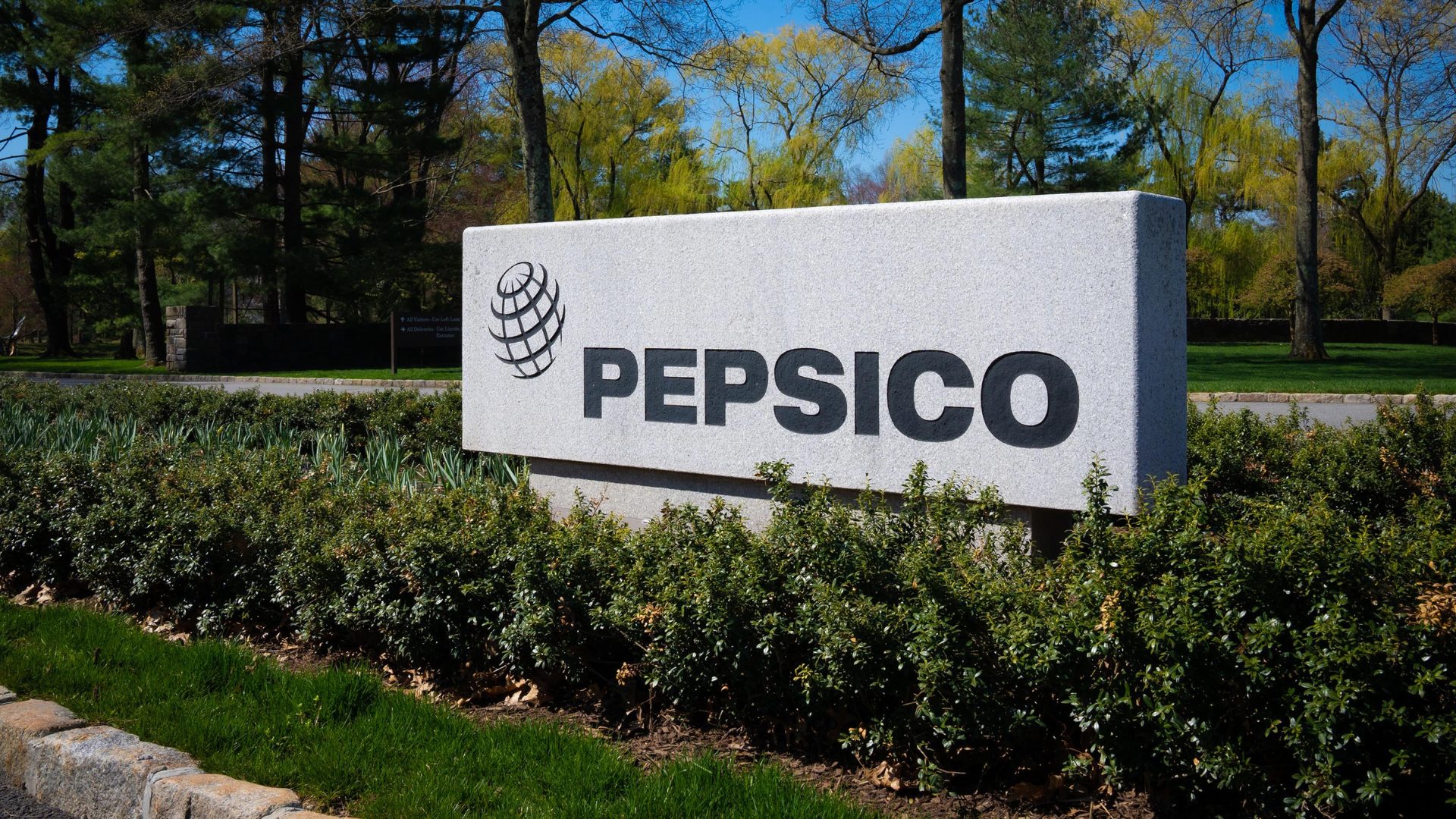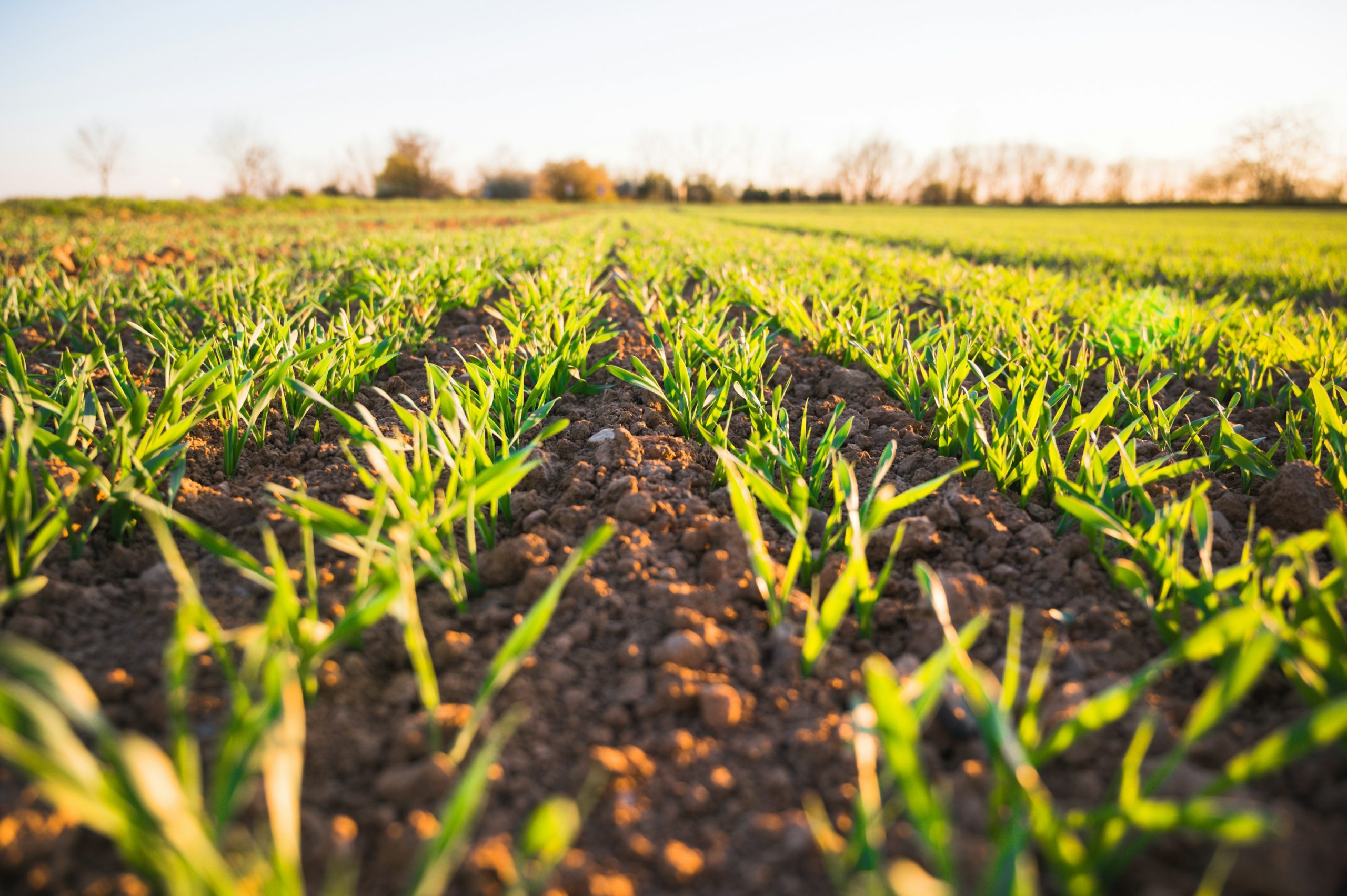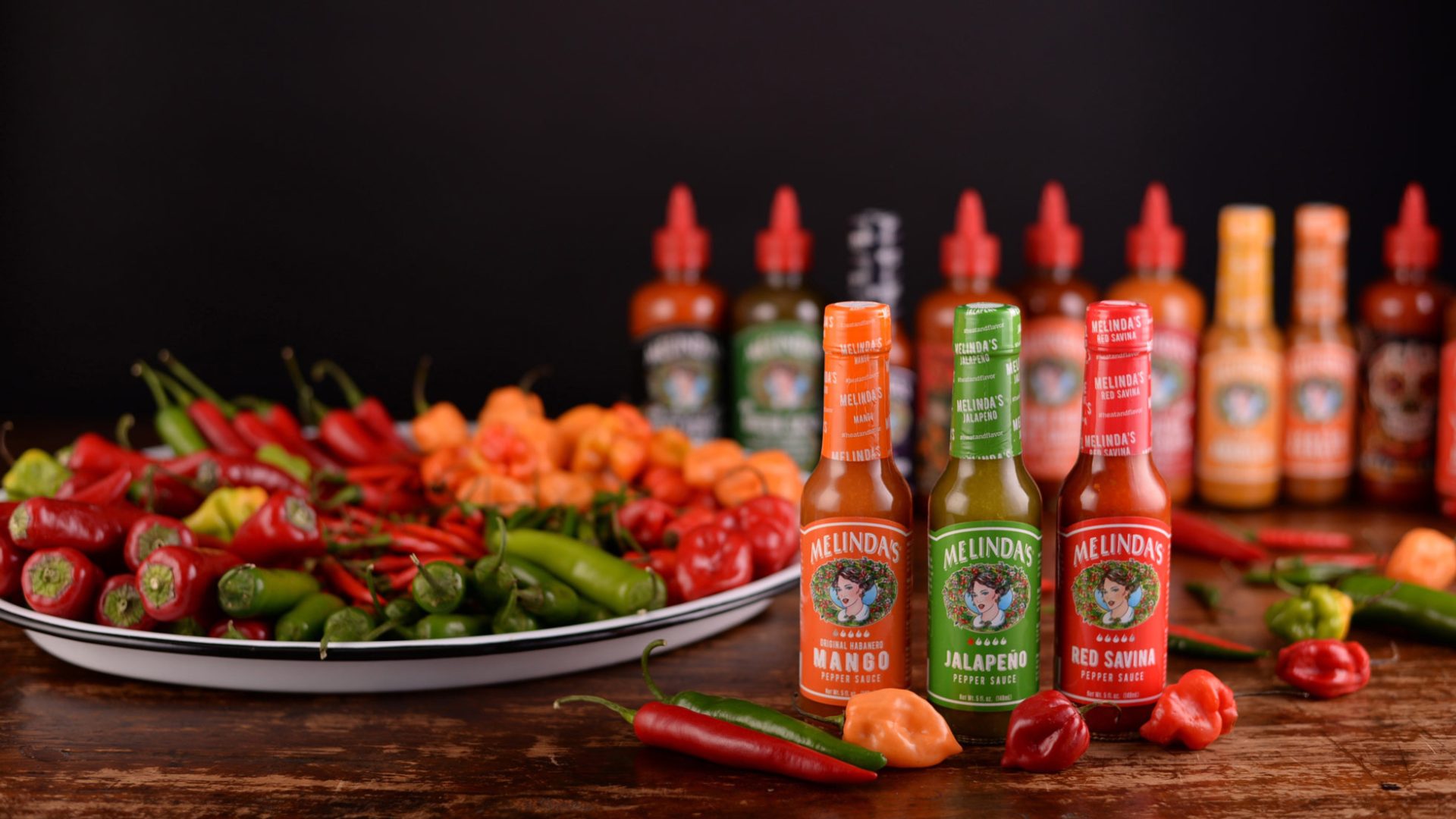With ESG topics becoming increasingly important to consumers, food companies are noticeably increasing their efforts.
Below are a few recent examples of new ESG initiatives in the industry.
MCCORMICK ADVANCES SUSTAINABILITY STANDARD
McCormick & Company is advancing its Grown for Good third-party verified sustainability standard for suppliers in the herbs and spices industry. The standard includes metrics such as economic stability for farmers, gender equality and women’s empowerment, as well as biodiversity conservation and regenerative farming practices.
“Sustainable sourcing is a top priority and a 2025 commitment for McCormick” said Lawrence Kurzius, Chairman, President and CEO of McCormick & Company. “We are working with our suppliers and partners to showcase our shared dedication to advancing industry-wide accountability. …”
The program will begin with sustainably sourcing five key ingredients: black pepper, red pepper, vanilla, oregano, and cinnamon.
PEPSI’S “NET WATER POSITIVE” COMMITMENT
PepsiCo has set a goal to become “Net Water Positive” by 2030, aiming to replenish more water than the company uses. This would place it among the most water-efficient food or beverage manufacturers operating in high-risk watersheds.
Additionally, The PepsiCo Foundation is launching a $1 million program with NGO WaterAid to bring safe water to families in Sub-Saharan Africa—expanding its 15-year, more than $53 million safe water access initiative.
WAKEFERN ADOPTS SUSTAINABLE PACKAGING SOLUTIONS
Retailer-owned grocery cooperative Wakefern Food Corp. is adopting new reusable plastic containers (RPCs) in its produce department to improve quality, sustainability, and lower costs for customers, reported Perishable News (Aug. 16).
The containers are designed to save time, space, and money for shippers and to improve freshness with ventilated, foldable, and sturdy designs. Additionally, RPCs allow produce to be better stored and handled in warehouses, reducing potential waste from conventional single-use packaging.











